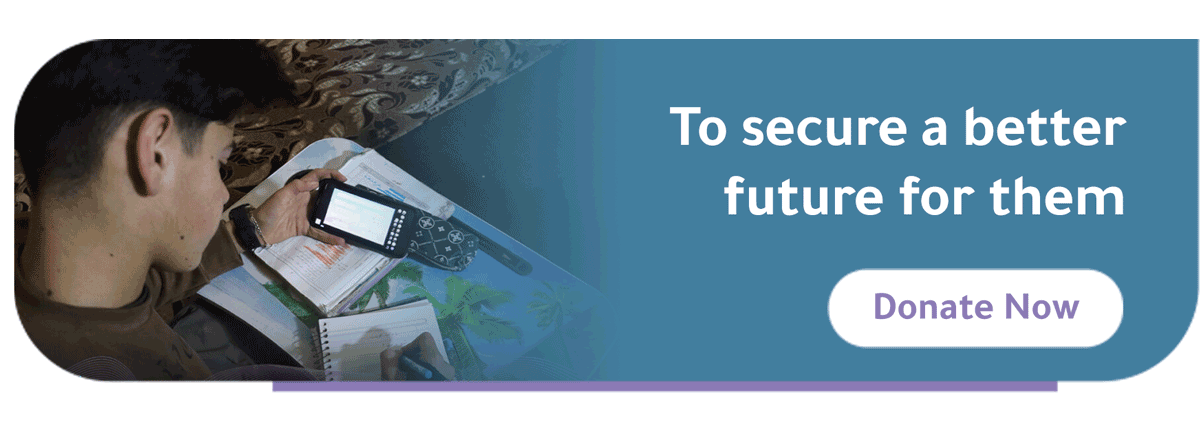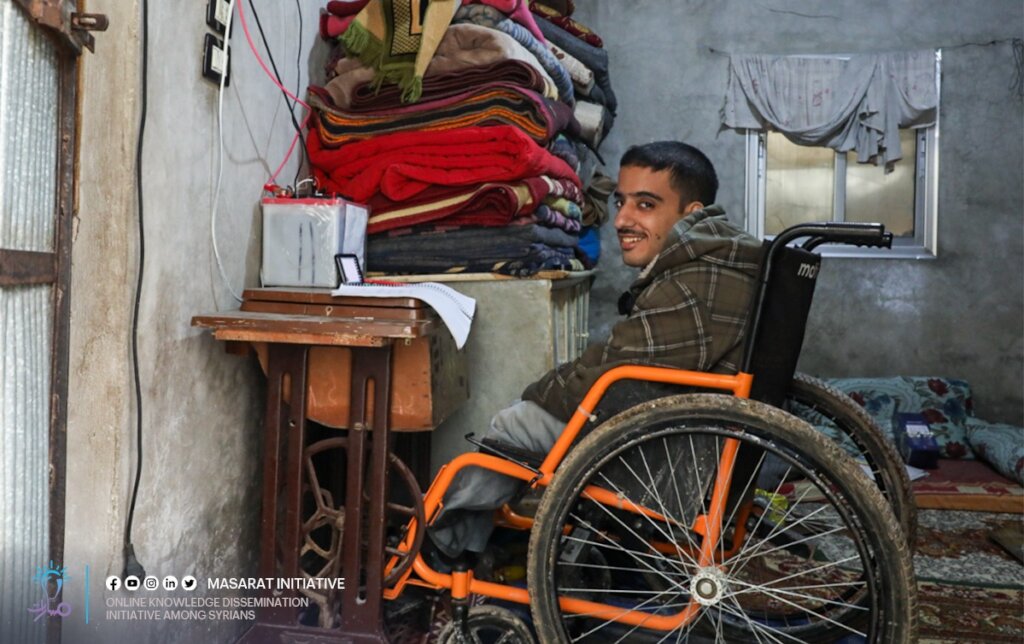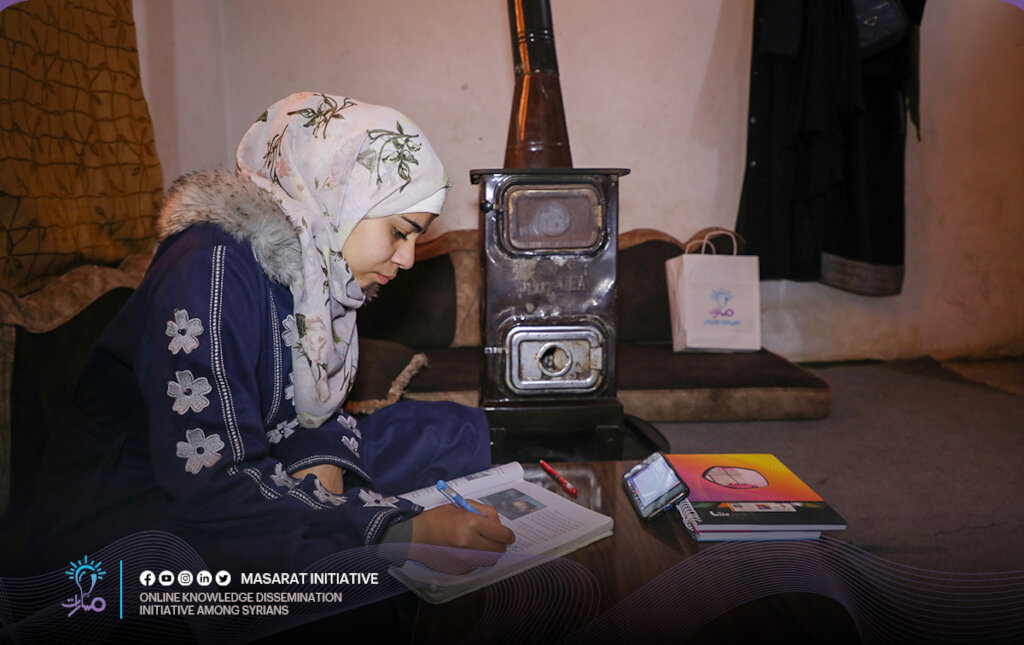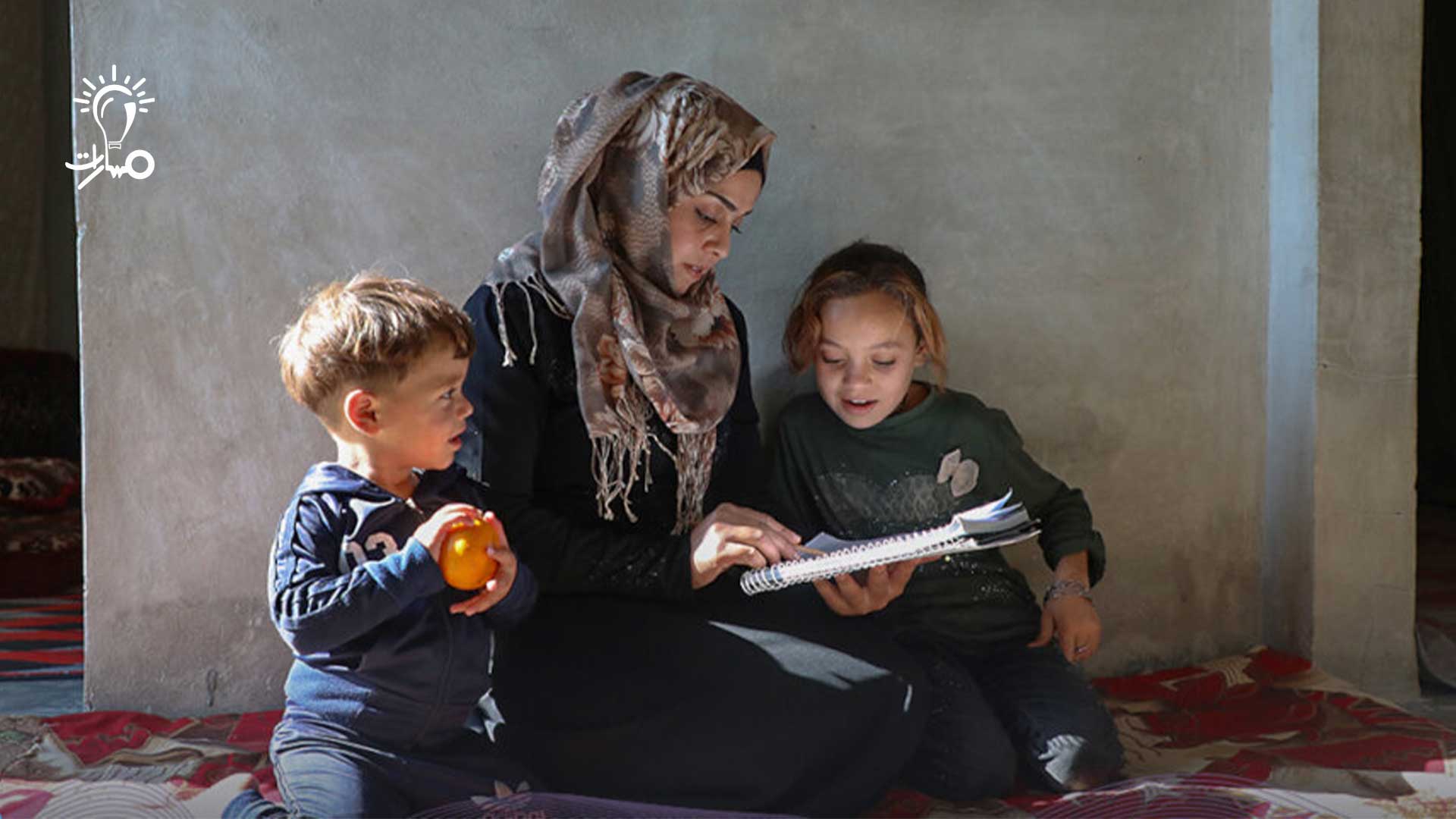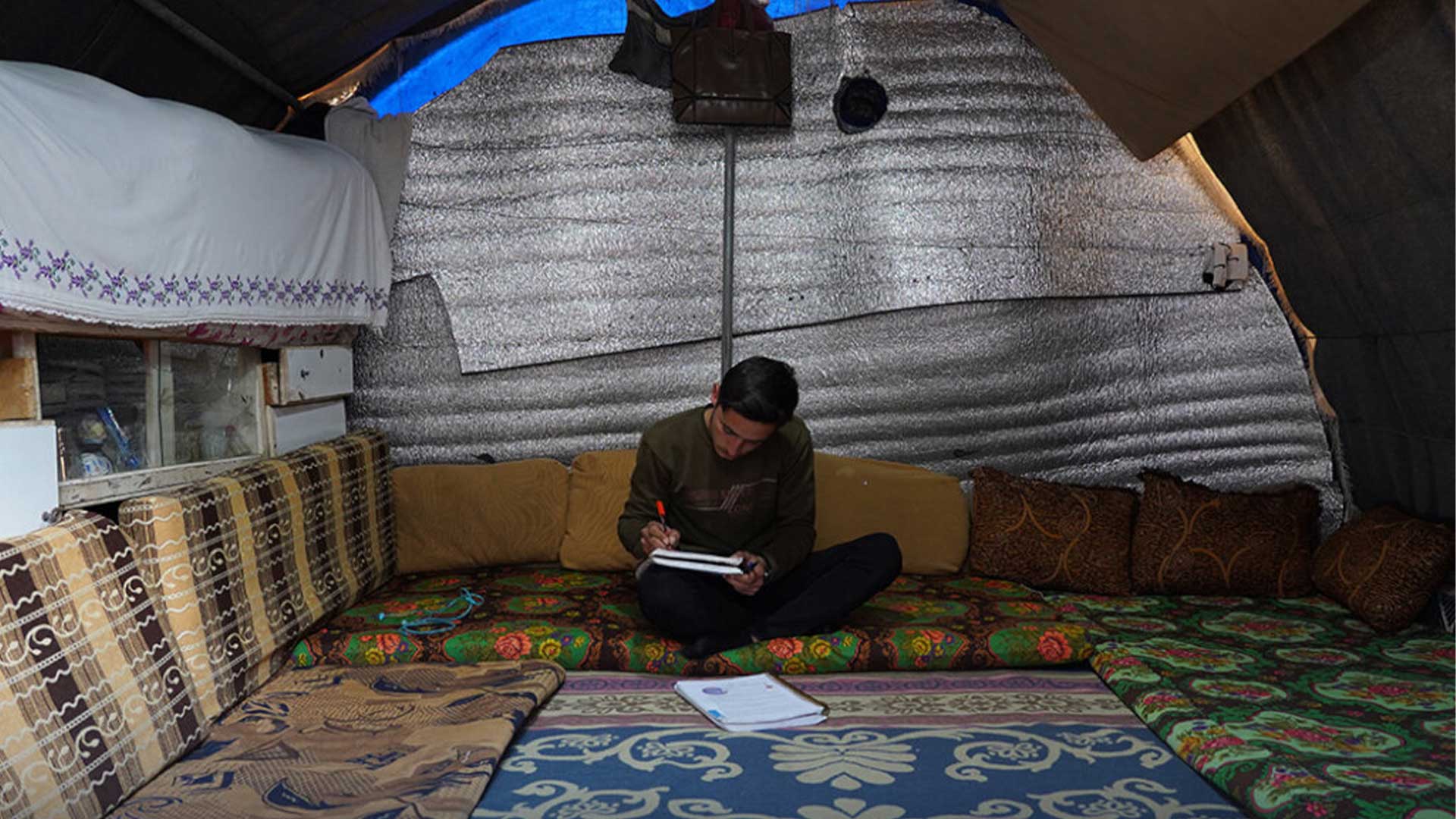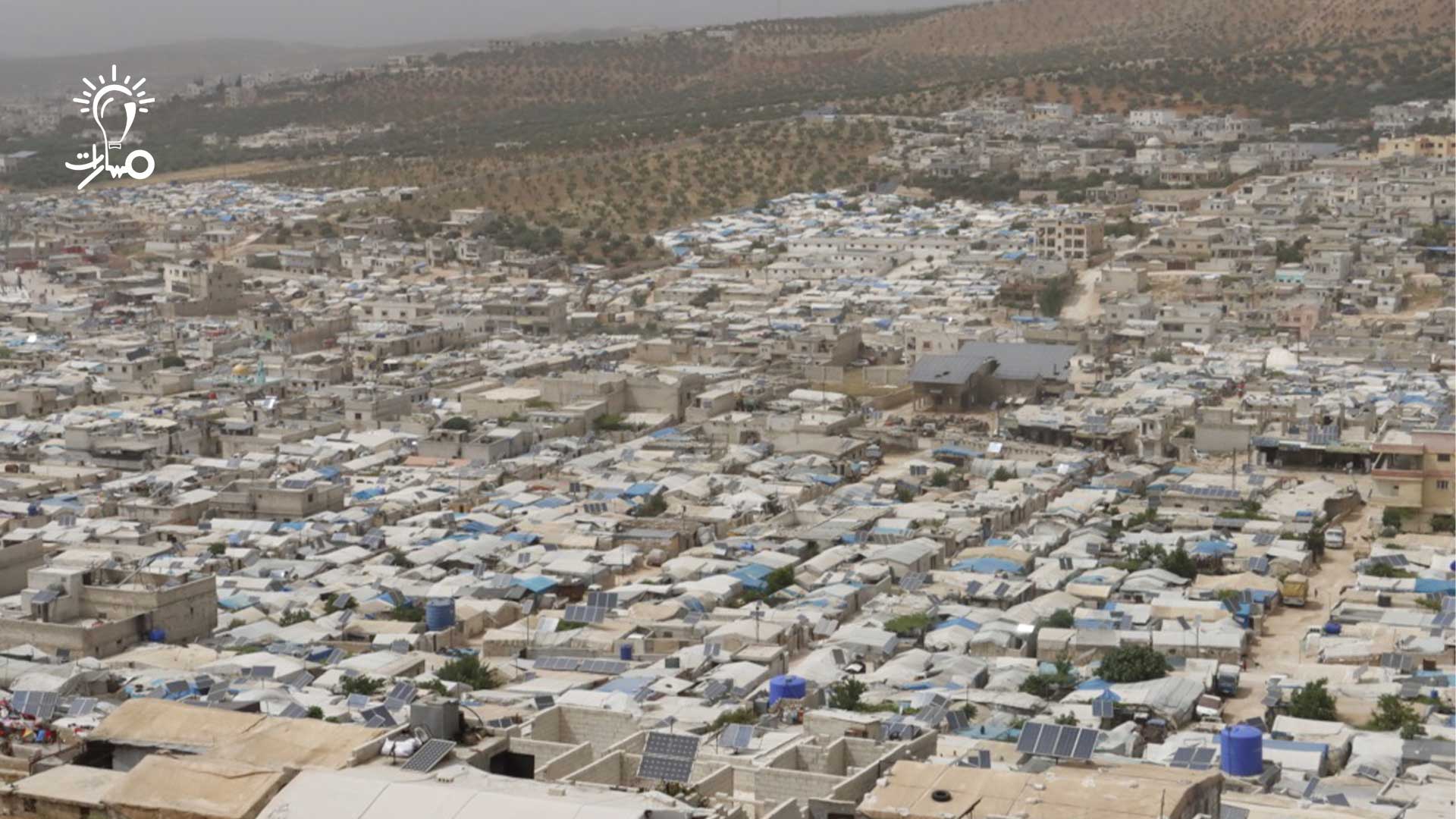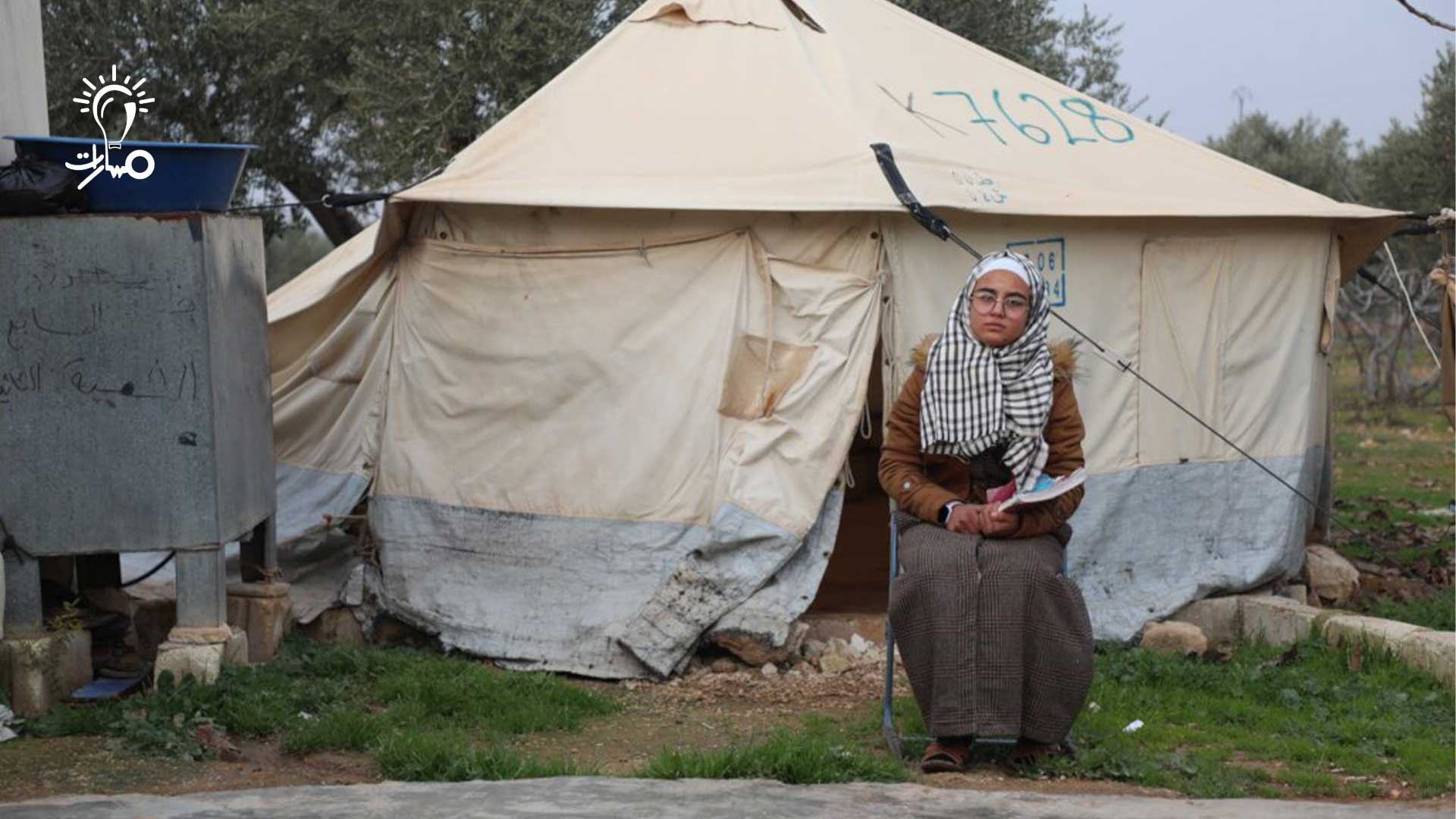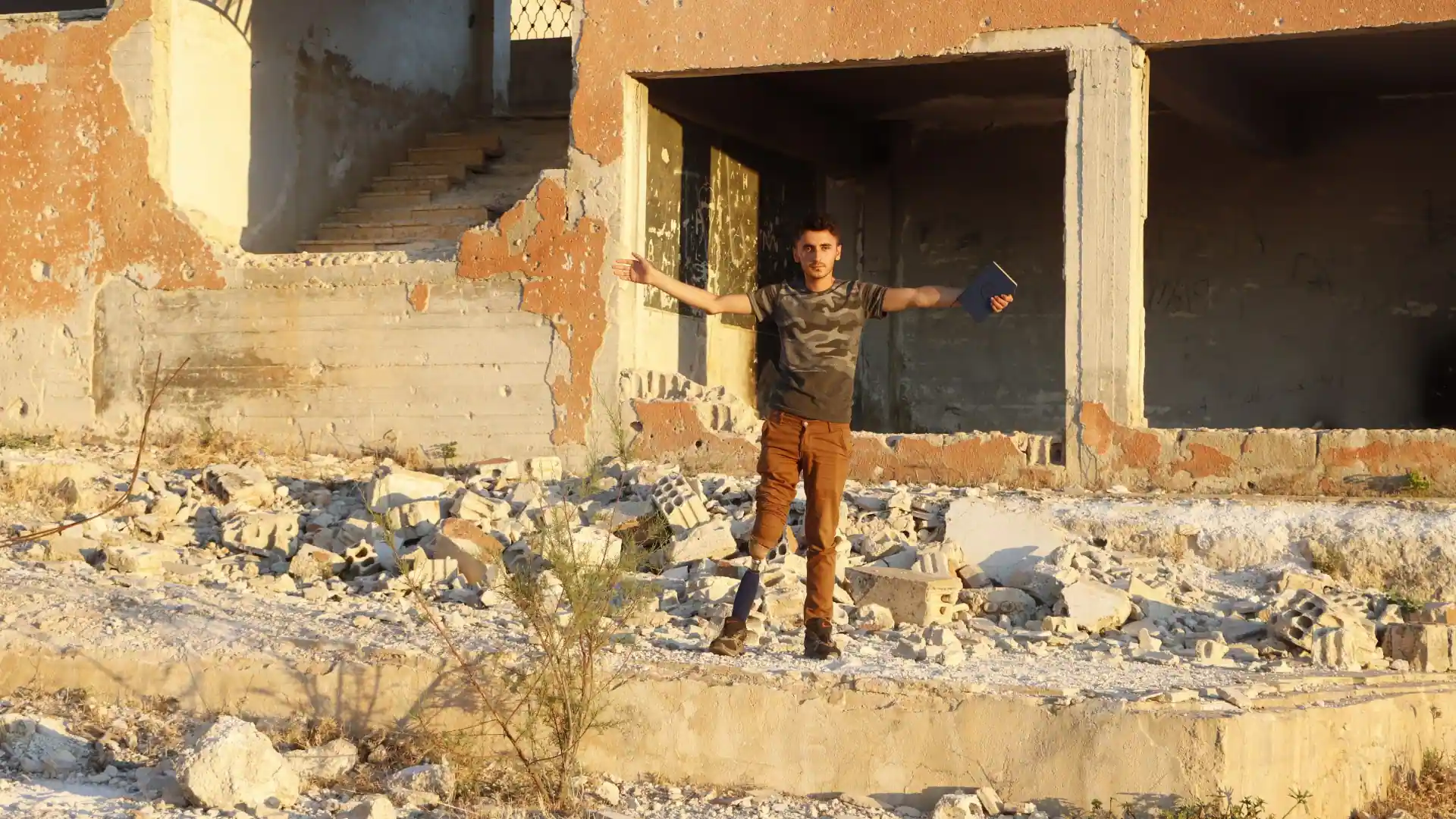The United Nations defines extreme poverty as “a condition characterized by severe deprivation of basic human needs, including food, safe drinking water, sanitation facilities, health, shelter, education, and information.” This means that poverty is not only determined by income but also by access to essential services.
The causes of poverty are numerous and intertwined, making it difficult to separate one from another. Unemployment, social exclusion, exposure to disasters, and diseases are just a few examples of the factors preventing individuals from becoming productive members of society.
In this article, we will discuss the International Day for the Eradication of Poverty, related statistics, efforts to address poverty, and the role of Masarat Initiative in all of this.
What is the International Day for the Eradication of Poverty and its Role in the 2030 Sustainable Development Agenda?
Eradicating extreme poverty for all people everywhere is a central goal of the 2030 Sustainable Development Agenda. The first observance of the International Day for the Eradication of Poverty took place on October 17, 1987, when more than 100,000 people gathered in Paris at the Trocadero Plaza to honor the victims of extreme poverty, violence, and hunger.
This is the same location where the Universal Declaration of Human Rights was signed in 1948.
At the event, participants declared poverty a violation of human rights and emphasized the need to work together to ensure the respect of these rights. Their message was engraved on a commemorative plaque that was unveiled that day.
Since then, every year on October 17, people from various backgrounds, beliefs, and social origins come together to reaffirm their commitment to the poor and express their solidarity.
The annual celebration on October 17 aims to foster understanding and dialogue between those living in poverty and the broader society.
Key Statistics on the International Day for the Eradication of Poverty
According to World Bank data, nearly 700 million people around the world are currently living in extreme poverty, and this number has likely increased significantly, especially in the aftermath of the war in Gaza, the war in Ukraine, the Sudan conflict, and the numerous Arab countries that have been suffering for years from conflicts that have ravaged their human and material resources.
For example, approximately 90% of Syrians live below the poverty line, and millions of Syrians remain internally displaced (around 31% of the total population).
Additionally, nearly 7.5 million Syrian children are in need of humanitarian assistance, and more than 650,000 children under the age of five suffer from chronic malnutrition.
According to the World Bank report, around 27% of Syrians, or approximately 5.7 million people, are living in “extreme poverty.”
All of this is a result of the conflict that began in 2011 and has not yet ended, and the situation may have worsened due to the devastating effects of the February 2023 earthquake, which claimed around 6,000 lives and injured more than 14,500 others in Syria, impacting nearly 11 million people.
As for the impact of poverty on education, nearly 2.4 million children in northern Syria are out of the educational system, and an additional 1.6 million are at risk of dropping out of school. This is one of the worst effects of poverty and the difficult economic conditions facing the community there.
When we talk about education, we are talking about the first step in building an individual who will, in turn, take on the responsibility of rebuilding society and rehabilitating the infrastructure in all its sectors, making it viable for investment and development.
Due to the harsh conditions that northern Syria has experienced and continues to endure—displacement, forced migration, and the necessity of living in camps—there has been a significant need for initiatives across various fields.
This is where the role of the Masarat Educational Initiative has emerged, offering free services to students, particularly benefiting orphans, individuals with special needs, camp residents, school dropouts, and mothers who wish to continue their education.
The Impact of Poverty on Education
In northern Syria, nearly 2.4 million children are out of school, with another 1.6 million at risk of dropping out. This is one of the most devastating effects of poverty and the dire economic conditions in the region.
Education is the first step in building a person’s potential—an individual who will, in turn, help rebuild society and restore its infrastructure, making it more viable for investment and development.
Masarat Initiative: Combating Poverty Through Education
The Masarat Initiative is a nonprofit educational initiative that works to facilitate access to knowledge for students everywhere. It strives to provide equal educational opportunities for all children and youth, regardless of their social or economic circumstances.
The initiative’s role is not limited to academic education through its educational program, which follows approved curricula. It also focuses on enhancing essential life skills, such as critical thinking, problem-solving, teamwork, and discovering students’ talents and abilities through the student activities program.
Additionally, it helps students identify their interests and passions, guiding them toward the best university specializations through the academic advising program. Most importantly, it offers vocational training in various fields, enabling students to enter the local and global job markets competitively and equipping them to adapt to the challenges they face.
Thus, the initiative combats poverty through education and development, which are the best and most sustainable methods. By opening new doors to employment, it contributes to increased income and improved living standards.
It also raises awareness, leading to the improvement of society as a whole, and empowers individuals to participate more actively in their communities. By doing so, it helps them move from the cycle of poverty to the cycle of work, thereby improving their economic and social conditions.
Global and Regional Efforts to Combat Poverty
The fight against poverty is one of the most significant challenges facing the international community, with concerted efforts on both global and regional levels.
These efforts vary from government-led initiatives to international organizations, the private sector, and civil society.
Given the multifaceted challenges in fighting poverty, such as economic inequality, conflicts, wars, climate change, and diseases, there are many initiatives contributing to poverty eradication across different fields, often with overlapping goals and impacts. Some of the most prominent initiatives include:
- United Nations Sustainable Development Goals: This includes a specific goal to eliminate extreme poverty and hunger by 2030.
- The World Bank: It offers loans and grants to developing countries to support poverty reduction and economic growth. Its key initiatives include development programs in developing nations and the goal to end extreme poverty.
- International Monetary Fund (IMF): Provides financial assistance to countries facing economic difficulties.
- World Food Programme: Works to provide food to communities affected by disasters and conflicts and to improve food security.
- UNICEF: Focuses on protecting children’s rights, improving children’s health, and providing education.
- World Health Organization (WHO): Aims to improve public health worldwide and combat infectious diseases.
- Civil Society Organizations: Many NGOs contribute to combating poverty by providing essential services and implementing community development programs.
The Importance of Education in Fighting Poverty
The relationship between poverty and education is deeply interconnected. On the one hand, low levels of education make it difficult to secure well-paying jobs that ensure a decent standard of living, pushing individuals and their families into poverty.
On the other hand, poverty reduces individuals’ ability to access quality education, whether due to the costs of schooling, difficult living conditions that force children to work instead of study, or malnutrition that hinders concentration and learning.
How the Masarat Initiative Contributes to Eradicating Poverty in Northern Syria
Masarat is a nonprofit educational initiative that facilitates access to knowledge for students everywhere. It strives to provide equal educational opportunities for all children and young people, regardless of their social or economic circumstances.
The initiative’s efforts extend beyond academic education through its educational track, which follows the approved curricula. It also works to enhance essential life skills, such as critical thinking, problem-solving, teamwork, and talent discovery, through its student activities track.
Moreover, Masarat helps students identify their interests and guides them toward the best university specializations through its academic advising track. Most importantly, it provides vocational training in various fields, enabling students to compete in the local and global job markets and equipping them to adapt to the challenges they face.
By empowering people through education and development, Masarat offers one of the most sustainable solutions to poverty. It opens new opportunities for employment, contributing to increased income and improved living standards, while also raising awareness and improving societal conditions.
This enables individuals to escape the cycle of poverty and become active members of their communities.
The Future of Poverty Eradication on the International Day for the Eradication of Poverty
Despite the enormous challenges, there is hope for achieving the goal of eradicating poverty. This can be accomplished through investment in education, technology, and social justice. These efforts will help build a more equitable and just world.
There are many opportunities to combat poverty, such as:
- Technological advancement: Offering innovative solutions in agriculture, health, education, and more.
- Investment in education: Empowering individuals to secure better jobs and improve their living standards.
- Investment in infrastructure: Improving living conditions for the poor through the development of roads, water, and electricity.
- International cooperation: Wide-scale international collaboration is necessary to eradicate poverty.
- Women’s economic empowerment: Supporting women economically improves the conditions of their families and communities.
Conclusion
The problem of poverty is far too vast to be discussed in a single article or addressed solely on the International Day for the Eradication of Poverty. It is a global issue that threatens everyone, regardless of their location, and solving it requires the commitment of every individual.
Thus, Masarat Initiative provides you with the opportunity and facilitates a path for you to directly contribute to solving the poverty problem that the community in northern Syria is suffering from as a whole. You can be at the forefront of supporting human development among the most vulnerable groups.
This can be done by participating in the “Drop by Drop” monthly donation campaign, where you can contribute a monthly amount of your choosing. You can determine the start and end dates of your participation, but the impact of your contribution will be lasting. It will remain present in the lives of every person who benefits from the campaign, whether they are orphans, individuals with special needs, camp residents, or mothers eager to complete their education.
Since goodness begins with a drop, every contribution you make will form an important part of a river of good that will transform their painful reality into a better one. It will open doors to education, knowledge, skill empowerment, and financial independence, which will help reduce the high levels of poverty and create lasting change.
Contribute now to the “Drop by Drop” campaign to support education in northern Syria—because goodness begins with a drop.
Riham Habiballah (Adapted)
